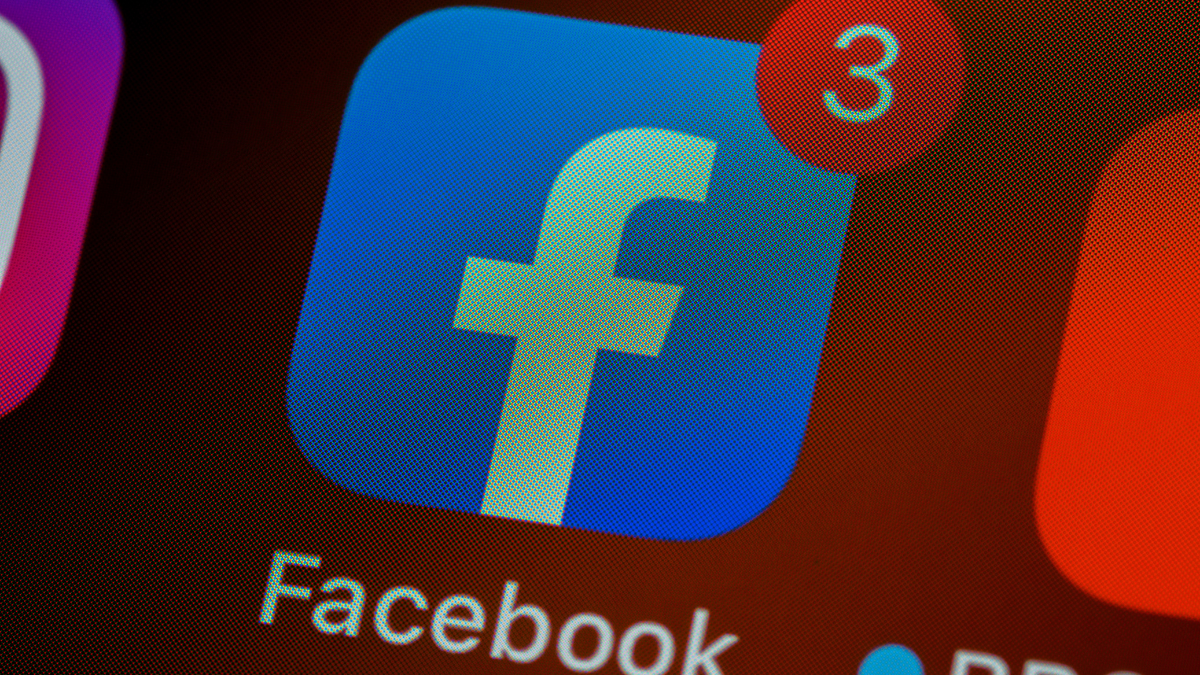The final version of Australia’s “world first” news media bargaining code, which requires Google and Facebook to pay for news content, was introduced into Parliament on Wednesday.
“This is a huge reform. This is a world first, and the world is watching what happens here in Australia. But our legislation will help ensure that the rules of the digital world mirror the rules of the physical world. That’s been our intention all along,” said Treasurer Josh Frydenberg.
The code arises from years of complaints that social media unduly profits off the work of journalists and media organisations.
“For every $100 of online advertising spend, $53 goes to Google, $28 goes to Facebook, and $19 goes to other participants,” said Mr Frydenberg.
This culminated in an 18-month inquiry into digital platforms led by the ACCC, which released a draft bargaining code in July this year.
The draft code was met with uproar from Google and Facebook.
Google released open letters asking users to boycott the legislation, stating: “the way Aussies search every day on Google is at risk from new government regulation.”
Facebook threatened to block all Australian news content from their sites all together.
Google also claimed that it would reduce the quality of content on Youtube and require Google to disclose users’ personal data to large news organisations. However Youtube has been excluded from the final code and the ACCC labelled Google’s data sharing allegations as “misinformation.”
What does the code do?
Google and Facebook will be forced to negotiate with Australian media companies on how much they will pay to access their news content.
Smaller media companies can bargain as a group or agree to standard offers made by the tech giants.
If unable to reach an agreement, the tech giants and the media outlets will be forced to enter into baseball-style arbitration to determine revenue-sharing plans. An independent arbiter will assess the media organisation and determine a fair agreement.
The code allows the arbiter to account for the value that media organisations gain from Google’s and Facebook’s referral traffic. This is a major win for the tech giants as it reduces how much they will ultimately pay to media organisations.
“The arbiters need to take into account the benefits that traditional news media businesses get by having eyeballs on their product when they appear on Google or Facebook,” Mr Frydenberg said.
Google and Facebook will also have to alert news outlets 14 days ahead of any changes to their algorithms that determine how news is prioritised on their sites. This is another win for the tech giants, replacing the initial 28 days’ notice period recommended in the earlier draft code.
“Where they’ve made fair points, we’ve responded. We’ve also responded to fair points made by the news media businesses. The code has evolved, the version to be introduced to Parliament reflects the consultations with all parties and we believe it’s an appropriate framework against which commercial negotiations can occur,” said Communications Minister Paul Fletcher.
“We have reached a fair and balanced outcome. I think it would be remiss of you to not remember how much Google and Facebook opposed this idea in the first place. I’m sure if they had their intention there wouldn’t be any legislation before the Parliament.”
Keep up to date with our stories on LinkedIn, Twitter, Facebook and Instagram.

